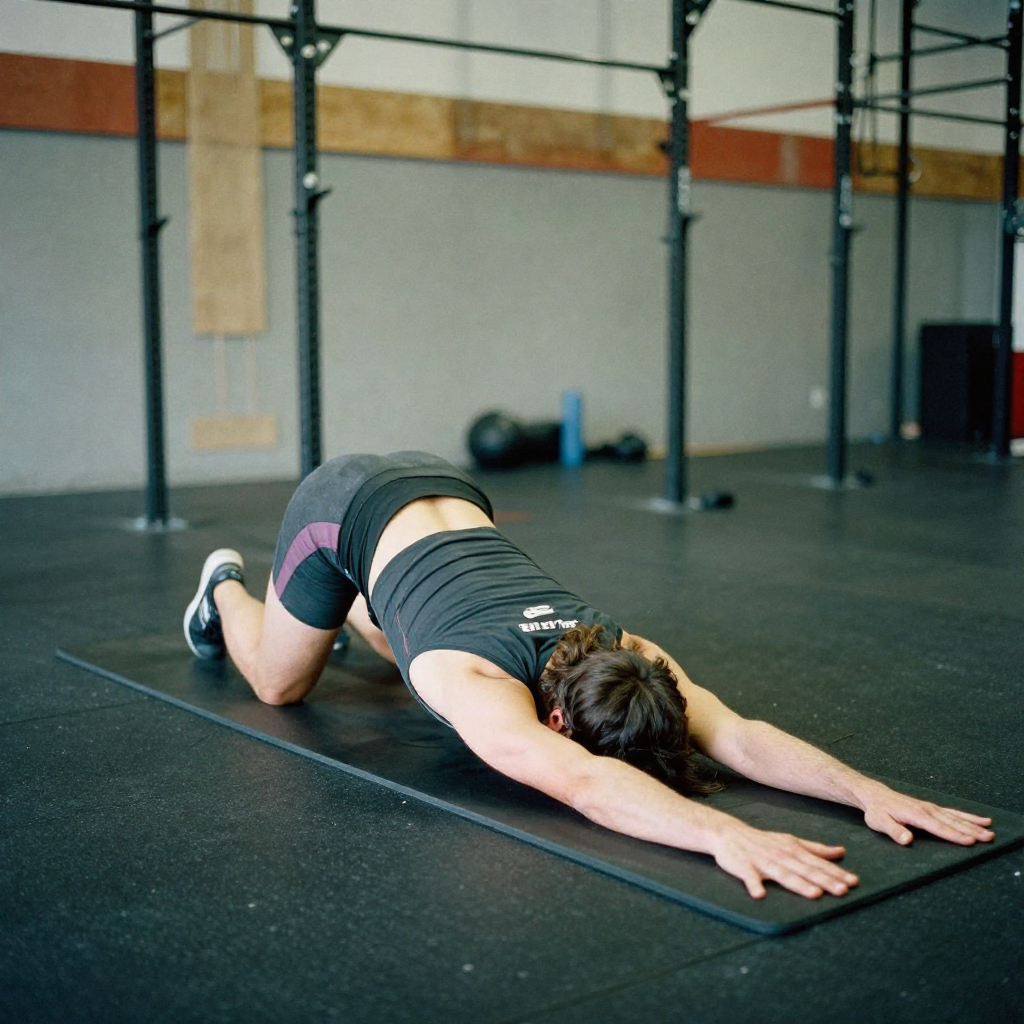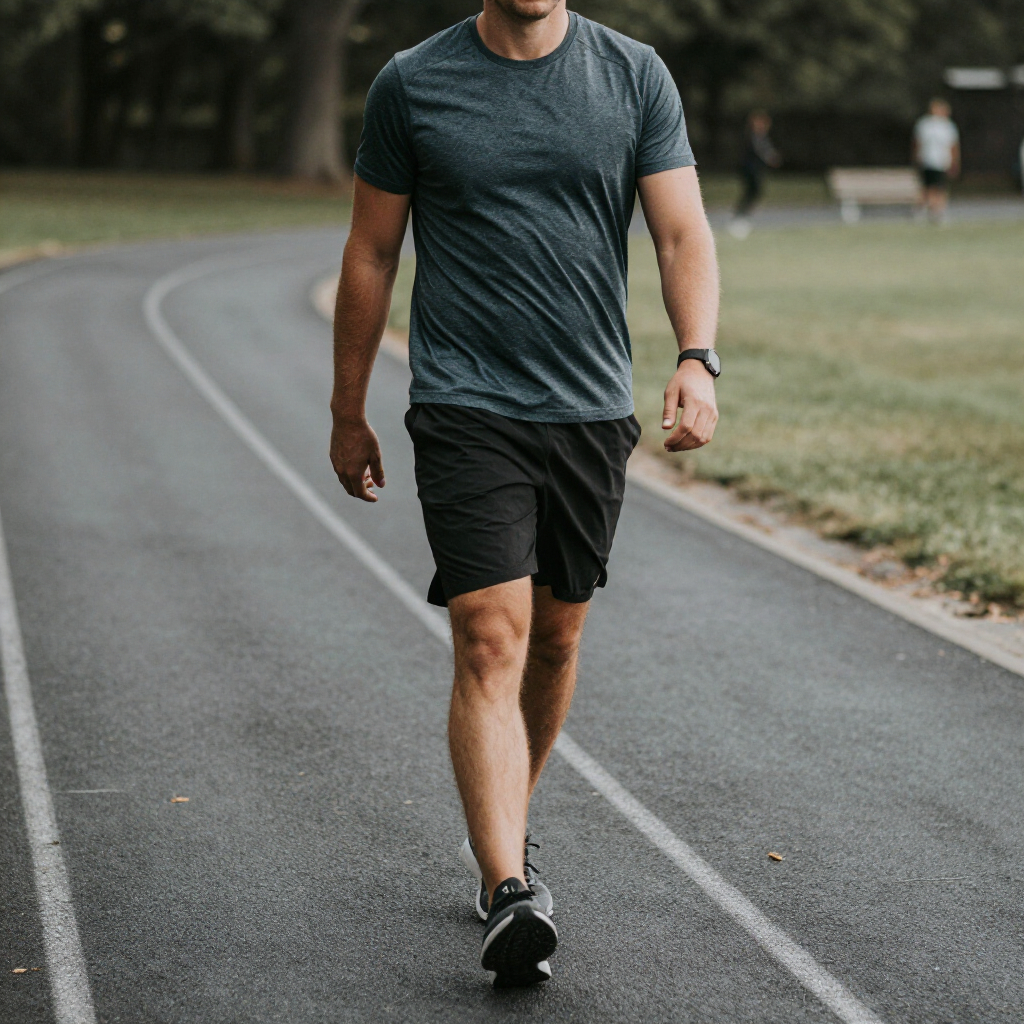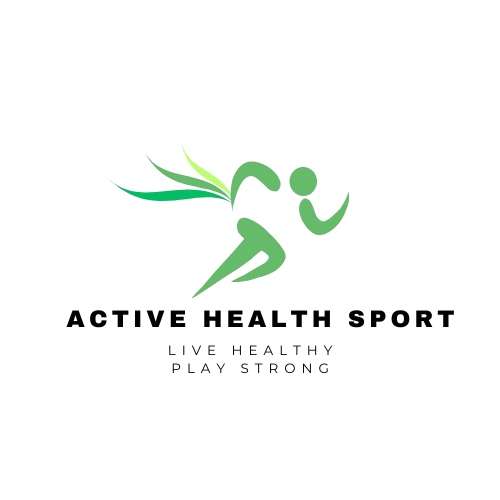Nutrition is the cornerstone of athletic performance. While supplements and engineered sports drinks dominate the fitness industry, nature provides its own performance enhancers, fruits rich in vitamins, minerals, antioxidants, and natural sugars.
These fruits don’t just offer energy but also help reduce inflammation, improve muscle recovery, and support long-term health.
In this blog, we’ll explore the functional fruits, fruits that go beyond basic nutrition to provide direct performance and recovery benefits for athletes and active individuals. With real case studies, evidence-backed insights, and easy-to-digest data tables, we’ll highlight the role fruits play in fueling the body for both training and everyday wellness.
Why Functional Fruits Matter in Sports Nutrition
Athletes face unique demands: high energy expenditure, muscle breakdown, oxidative stress, and dehydration. Functional fruits are important because they:
- Provide natural electrolytes like potassium and magnesium.
- Deliver antioxidants that reduce inflammation and oxidative stress.
- Offer simple carbohydrates for quick energy.
- Contain fiber and micronutrients for sustained endurance and recovery.
Top Functional Fruits for Athletes
1. Bananas – The Natural Electrolyte Restorer
Bananas are one of the most widely consumed pre-workout fruits due to their balanced mix of carbohydrates, potassium, and Vitamin B6. A medium banana contains approximately 422 mg of potassium, which helps regulate muscle contractions and nerve signals.
Why It Works for Athletes:
- Provides instant energy from natural sugars (glucose, fructose, and sucrose).
- Replenishes potassium lost through sweat during intense workouts.
- Vitamin B6 aids in protein metabolism, crucial for muscle repair.
Best Use Case:
Eat 30–45 minutes before exercise to prevent cramps and ensure sustained energy. Pairing with a small protein source (like Greek yogurt) can improve performance outcomes.
Research Insight:
A 2012 study in PLOS ONE compared bananas to sports drinks in cyclists. Bananas provided similar performance results while also delivering antioxidants not present in sports drinks.
2. Tart Cherries – The Recovery Booster
Tart cherries are increasingly recognized as a natural alternative to anti-inflammatory supplements. They are packed with anthocyanins and melatonin, which help reduce oxidative stress and improve sleep quality, both essential for recovery.
Why It Works for Athletes:
- Reduces muscle soreness and inflammation after endurance events.
- Enhances sleep quality, improving hormonal recovery.
- Supports joint health, valuable for athletes prone to wear-and-tear injuries.
Best Use Case:
Drink 8–12 ounces of tart cherry juice post-workout or consume fresh cherries after training sessions. For recovery from multi-day events, use it consistently over 5–7 days.
Research Insight:
A 2019 meta-analysis in Nutrients confirmed that tart cherry supplementation reduces delayed-onset muscle soreness (DOMS) and improves recovery markers in endurance athletes.
Also Read the Latest: Top Superfoods for a Healthier Diet: Boost Your Nutrition
3. Blueberries – The Antioxidant Shield
Blueberries are rich in flavonoids, Vitamin C, and polyphenols, making them a powerhouse against exercise-induced oxidative stress. High-intensity workouts increase free radical production, which can impair recovery and long-term performance if left unchecked.
Why It Works for Athletes:
- Neutralizes free radicals to protect muscle cells.
- Enhances cognitive performance, supporting focus during training or competitions.
- May reduce the risk of exercise-induced inflammation and respiratory issues.
Best Use Case:
Consume a handful of fresh blueberries within an hour post-workout or add them to smoothies. Their synergistic effect with proteins (e.g., whey or plant protein) enhances recovery.
Research Insight:
A 2012 study in the Journal of the International Society of Sports Nutrition showed that athletes who consumed blueberry smoothies post-exercise had faster recovery of muscle strength than those who didn’t.
4. Watermelon – Hydration Hero
Watermelon is composed of 92% water and is enriched with citrulline, an amino acid that helps reduce lactic acid buildup and improve blood circulation. This makes watermelon one of the best fruits for hydration and endurance support.
Why It Works for Athletes:
- Provides hydration and electrolytes naturally.
- Citrulline helps reduce muscle fatigue and enhances endurance.
- Contains lycopene, a strong antioxidant that protects against cellular damage.
Best Use Case:
Drink fresh watermelon juice before or after exercise to rehydrate and support blood flow. For endurance events, chilled watermelon slices make an ideal mid-race snack.
5. Oranges – Vitamin C Powerhouse
Oranges are a staple fruit for both immune support and connective tissue strength. They contain Vitamin C, folate, and potassium, making them a multi-functional fruit for performance and overall health.
Why It Works for Athletes:
- Vitamin C aids collagen production, strengthening tendons and ligaments.
- Helps reduce cortisol (stress hormone) after workouts.
- Provides natural hydration and prevents oxidative stress.
Best Use Case:
Consume an orange or freshly squeezed orange juice before training for hydration and immunity support, or after exercise to accelerate recovery.
Nutrient Breakdown of Functional Fruits
| Fruit | Key Nutrient(s) | Primary Benefit for Athletes | Best Time to Consume |
| Banana | Potassium, B6 | Prevents cramps, restores electrolytes | Pre-workout snack |
| Tart Cherry | Anthocyanins | Reduces muscle soreness, faster recovery | Post-workout |
| Blueberries | Flavonoids, Vitamin C | Antioxidant protection, cognitive function | Daily, breakfast or snack |
| Watermelon | Citrulline, Water | Hydration, improved blood flow | Post-training hydration |
| Orange | Vitamin C, Fiber | Immunity, joint & tendon health | Anytime |
Also Read the Latest: How Lab-Grown Fruits Are Revolutionizing Sustainable Eating
Case Study 1: Marathon Runners Using Tart Cherry Juice
In 2019, the Journal of the International Society of Sports Nutrition published a study on 27 marathon runners who incorporated tart cherry juice into their pre- and post-race routines. Participants consumed two servings daily for 7 days before and after the event.
Results were impressive, those in the tart cherry group reported 23% less muscle soreness compared to the placebo group and experienced recovery nearly 36 hours faster. Researchers believe the high antioxidant and anti-inflammatory properties of tart cherries help reduce exercise-induced muscle damage, allowing athletes to bounce back quicker and maintain training schedules with less downtime.
Read the study here
Case Study 2: Watermelon Juice for Cyclists
A 2013 study conducted in Spain tested the effects of watermelon juice enriched with L-citrulline on 7 male cyclists during high-intensity cycling trials. The athletes who consumed the juice reported a noticeable reduction in post-exercise muscle soreness and displayed improved heart rate recovery, compared to those given a placebo.
Watermelon naturally contains L-citrulline, an amino acid that enhances blood flow and reduces lactic acid buildup, making it an effective natural recovery aid. While the sample size was small, the findings highlight watermelon juice as a practical hydration and recovery strategy for endurance athletes.
Full study available here
Case Study 3: Beetroot Juice and Endurance Recovery
Beetroot juice has gained popularity among endurance athletes for its high nitrate content, which boosts nitric oxide production and improves oxygen efficiency. A 2016 study published in Nutrients examined cyclists who consumed beetroot juice daily for six days leading up to an intense trial.
Results showed faster recovery times, reduced perceived exertion, and better muscle oxygenation compared to the control group. Many athletes also reported less soreness in the 48 hours following the trial. This evidence positions beetroot juice as not only a performance enhancer but also a valuable recovery tool for endurance sports.
See the full study here
Share Your Story with Active Health Sport
At Active Health Sport, we love hearing real stories from athletes, fitness enthusiasts, and everyday people who are transforming their health with natural strategies. Have you tried tart cherry juice, watermelon juice, or any other recovery method that worked for you?
If so, we’d love for you to share your journey with us. Drop a comment below or email our team. Your experience could inspire and guide others in our growing community of active, health-focused readers.
Incorporating Fruits into an Athlete’s Diet
- Pre-Workout: Bananas or oranges for energy and hydration.
- During Workout: Watermelon slices or diluted fruit juices.
- Post-Workout: Tart cherry juice or a blueberry smoothie for recovery.
- Daily Routine: Mix different fruits to ensure diverse nutrient intake.
Additional Nutritional Comparison Table
| Nutrient Focus | Best Fruit Option | Why It Matters for Athletes |
| Hydration | Watermelon | Prevents dehydration, reduces fatigue |
| Recovery | Tart Cherries | Speeds up muscle healing |
| Energy Boost | Banana | Provides natural sugars + potassium |
| Immunity | Orange | Supports healing & prevents illness |
| Cognitive Focus | Blueberries | Sharpens focus, reduces oxidative stress |
Long-Term Benefits of Fruit-Driven Nutrition
- Reduced risk of chronic inflammation (a major cause of sports injuries).
- Better cardiovascular health due to natural nitrates in some fruits.
- Improved bone and joint health from Vitamin C and calcium-rich options.
Sustainable performance through natural energy without artificial stimulants.
Frequently Asked Questions (FAQs)
Which fruit is best for post-workout recovery?
Tart cherries and blueberries are most effective for post-workout recovery because of their high antioxidant and anti-inflammatory compounds that reduce muscle soreness.
Can athletes rely only on fruits for energy in this era?
Fruits provide excellent natural energy, but athletes need a balanced diet including protein, healthy fats, and whole grains to maintain long-term endurance and recovery.
Are fruit juices as effective as whole fruits?
Fresh juices like tart cherry or watermelon juice can be effective, but whole fruits are superior due to their fiber content, which aids digestion and provides steady energy.
How many servings of fruit should athletes consume daily?
Athletes should aim for 3–5 servings of fruits daily, combining quick energy sources (bananas, oranges) with recovery boosters (berries, cherries).
Do fruits really improve sports performance?
Yes. Research-backed evidence shows fruits enhance hydration, reduce fatigue, support recovery, and even improve focus and cognitive function in athletes.
You might also like the following…
- Why Mobility Matters More Than Muscle for CrossFit Progress
 In CrossFit culture, strength numbers often steal the spotlight: heavier deadlifts, faster WOD times, and bigger PRs. While muscle and power are essential, they are not the limiting factor for long-term CrossFit progress.… Read more: Why Mobility Matters More Than Muscle for CrossFit Progress
In CrossFit culture, strength numbers often steal the spotlight: heavier deadlifts, faster WOD times, and bigger PRs. While muscle and power are essential, they are not the limiting factor for long-term CrossFit progress.… Read more: Why Mobility Matters More Than Muscle for CrossFit Progress - Zone-2 Walking for CrossFit Athletes Explained
 In CrossFit, conditioning is often associated with intense, fast-paced WODs, high heart rates, and breathless finishes. While this intensity builds power and short-term fitness, it does not fully support aerobic efficiency, recovery capacity,… Read more: Zone-2 Walking for CrossFit Athletes Explained
In CrossFit, conditioning is often associated with intense, fast-paced WODs, high heart rates, and breathless finishes. While this intensity builds power and short-term fitness, it does not fully support aerobic efficiency, recovery capacity,… Read more: Zone-2 Walking for CrossFit Athletes Explained - How Low-Intensity Walking Restores the Nervous System
 CrossFit is designed to test physical limits. Heavy lifts, fast-paced metabolic conditioning, and complex gymnastic movements demand not only muscular strength but also significant nervous system output. While most athletes focus on muscle… Read more: How Low-Intensity Walking Restores the Nervous System
CrossFit is designed to test physical limits. Heavy lifts, fast-paced metabolic conditioning, and complex gymnastic movements demand not only muscular strength but also significant nervous system output. While most athletes focus on muscle… Read more: How Low-Intensity Walking Restores the Nervous System

Kait Amazra is the founder and lead writer of Active Health Sport. With over 25 years of experience in health, fitness, and wellness education, Kait combines professional expertise with a passion for helping people live stronger, healthier, and more balanced lives.
As a licensed health and fitness professional, Kait has worked alongside industry experts to deliver evidence-based insights on physical activity, nutrition, recovery, and holistic well-being. Through Active Health Sport, Kait’s mission is to make trusted, practical, and science-backed health information accessible to everyone, from beginners building new habits to athletes seeking peak performance.

